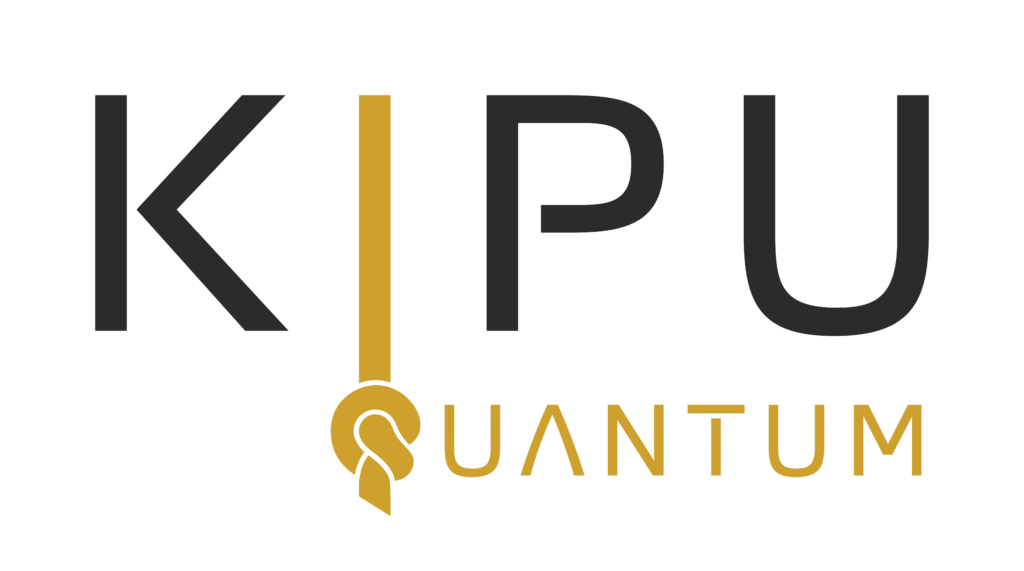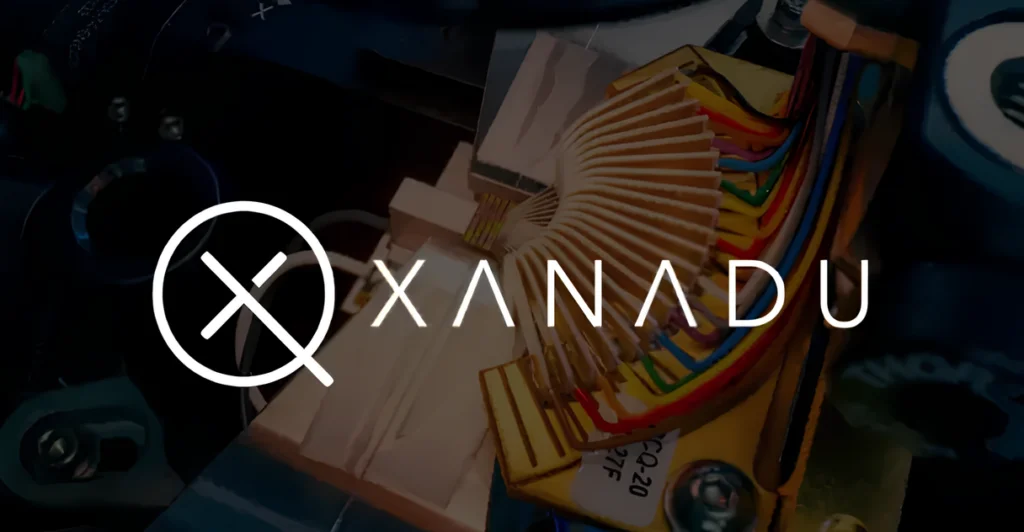Insider Brief
- Investment in quantum computing surged in Q1 2025, with over $1.25 billion raised—more than double the previous year—signaling a shift from research to commercial readiness.
- Quantum computer companies received more than 70% of all quantum-related funding, with major rounds going to IonQ, QuEra, and Quantum Machines, reflecting investor confidence in scalable architectures and enterprise deployment.
- The surge is driven by improved technology maturity, rising enterprise interest, and geopolitical urgency, with implications for hiring, market consolidation, and stronger public-private partnerships across the ecosystem.
A wave of fresh capital may be reshaping the quantum technology sector, with Q1 2025 showing a decisive shift from the promise of the science to preparation for practical applications.
Quantum Investment Surges in Q1 2025
According to data from The Quantum Insider’s Intelligence Platform, investment in quantum technologies surged across the board in the first quarter of 2025, with quantum computing firms drawing the largest share by far. The total amount invested in quantum computer companies exceeded $1.25 billion—more than doubling last year’s figure for the same period and accounting for more than 70% of all quantum-related funding.
This may signal a turning point: quantum is no longer treated solely as long-term research and development. The technology is drawing serious money from investors expecting commercial readiness and enterprise deployment in the near future. Analysts at TQI point to a convergence of technological advances, enterprise confidence and geopolitical urgency as the key drivers behind the growth.

Quantum Computing Leads by a Wide Margin
A breakdown of Q1 2025 funding shows how dominant quantum computing has become relative to other segments of the ecosystem. The data below, sourced from The Quantum Insider’s Intelligence Platform, reflects funding totals for each primary category of quantum technology:
| Primary Classification | Q1 2025 Investment |
| Quantum Computers | $1,254,803,507 |
| Quantum Software | $264,800,001 |
| Quantum Hardware Components | $196,604,397 |
| Quantum Communications & Security | $71,787,018 |
| Quantum Sensing & Imaging | $30,037,689 |
| Other Quantum | $2,000,000 |
Quantum computing accounted for nearly five times the funding of the next-largest category, software. Hardware components, such as cryogenic systems and control electronics, also saw meaningful capital infusions. However, the analysts point out that the lion’s share of money appears to be focused on building scalable, full-stack quantum systems.
Year-Over-Year Growth: A 128% Jump
The growth over last year is also significant. Investment in quantum computer companies rose from $550 million in Q1 2024 to more than $1.25 billion in Q1 2025, a 128% increase. Adjusted figures provided by TQI analysts show that excluding government-led rounds or previously announced deals that closed this quarter, private sector interest alone jumped 183% year-over-year.
| Category | Q1 2024 | Q1 2025 | Growth% |
| QuantumComputers | $355,644,534 | $1,007,497,500 | +183% |
The analysts suggest that this rapid acceleration reflects growing confidence that quantum computing is nearing commercial relevance, no longer confined to experimental labs or future-gazing white papers.
Top Companies Attracting the Most Capital
The biggest winners in Q1 2025 were the firms positioning themselves at the forefront of enterprise adoption and system scalability. According to The Quantum Insider’s Intelligence Platform, the following companies raised the largest rounds:
- IonQ ($360M) – Strengthening its commercial readiness and scaling its trapped-ion quantum systems to target enterprise workloads.
- QuEra Computing ($230M) – Leading the development of neutral atom architectures, cited by TQI analysts as a bellwether of investor confidence in alternatives to superconducting platforms.
- Quantum Machines ($170M) – Focused on orchestration hardware and software, enabling compatibility across various quantum architectures.
- D-Wave Systems ($150M) – Still carving a role in hybrid quantum-classical computing, particularly for optimization problems where its annealing approach retains practical relevance.
- Alice & Bob (€100M) – The French firm is gaining attention for progress in fault-tolerant cat qubits, making strides in the superconducting space.
* Although technically announced in April, SandboxAQ’s $150 million early Q2 round funding builds on the ongoing momentum at the convergence of quantum and AI, especially in public sector contracts.
These companies, TQI notes, are attracting not only venture capital but also strategic interest from governments and multinational corporations.
Factors Behind the Quantum Investment Surge
Multiple dynamics are seen as feeding the current investment wave:
- Market Readiness: Enterprises are starting to see quantum as a five-year investment, not a ten-year bet. Early use cases in simulation, optimization, and secure communications are generating real-world pilots.
- Technology Maturity: Coherence times have improved, error correction schemes are more reliable, and 100+ qubit systems are beginning to demonstrate practical value.
- Geopolitical Strategy: Quantum computing is increasingly tied to national competitiveness, with the U.S., China, and Europe racing to stake leadership positions.
- Confidence Signals: Surveys, such as one released by QuEra earlier this year, report a steady rise in business leaders’ belief that quantum advantage will emerge this decade.
TQI analysts note that the increase in private capital corresponds with parallel increases in public funding—creating a dual-track momentum rarely seen in deep tech sectors.
Implications for the Broader Ecosystem
This rush of funding could dramatically accelerate developments across the quantum landscape.
TQI projects several near-term effects:
- More vendor competition will likely drive both innovation and consolidation.
- Investors will demand faster results, placing pressure on teams to move from proof-of-concept to product.
- Hiring wars are likely to intensify, especially for engineers and researchers with cross-disciplinary skills in cryogenics, physics, and computer science.
- Stronger public-private partnerships are emerging as governments align funding with industrial strategy.
One notable shift, according to TQI, is that companies are no longer solely chasing qubit counts—they’re now expected to demonstrate architectural stability, cross-stack integration, and compatibility with real-world IT environments.
Quantum Computing Investment Turning Point?
Q1 2025 may be remembered as the quarter quantum computing moved past the hype curve and into execution mode. Investment figures from The Quantum Insider’s Intelligence Platform reflect a sector that is moving toward commercial use – and, therefore, revenue and profits. For the long runway requirements of quantum startups, this positive investment sentiment may mean that quantum is accelerating toward takeoff. However,while research and development progress has accelerated that pace is not assured and significant scientific and technical challenges remain. The current global and economic situation also presents several hurdles for the full development of a robust quantum that requires international supply chains and access to a global talent pool.
Investors keep these limitations in mind as market opportunities appear and hype begins to stir..
The message from capital markets, though, is clear: investors expect that quantum computing is no longer just about its future potential. It’s about preparing for its near-term deployment. With strategic funding now flowing into commercial readiness, technical scalability, and ecosystem alignment, the next few quarters will determine which players lead—and which get left behind—as the quantum era begins to take shape
The data in this article was sourced from The Quantum Insider’s Intelligence Platform—used by investors, corporates, and governments to track funding activity and assess strategic shifts in real time.
If you need access to similar data, or want support interpreting what this surge in investment means for your business or portfolio, our team can help contact us for more information.














